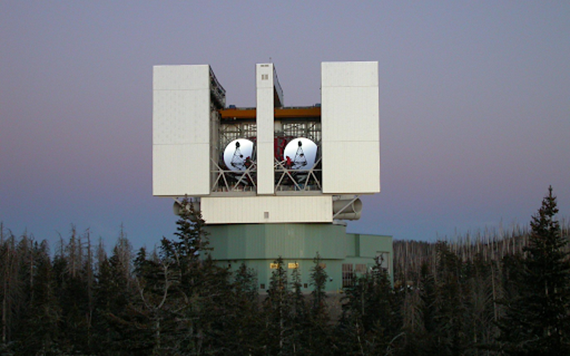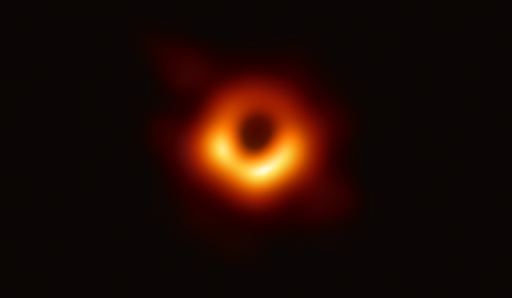Why come to Arizona for a Postdoc in Astronomy?

The Large Binocular Telescope, on Mt. Graham, Arizona

There are many reasons why The University of Arizona’s Astronomy Research Program is among the top in the world:
-
A distinguished and active faculty including four members of the National Academy of Sciences and winners of Kavli, Sloan, Packard, MacArthur, Guggenheim, American Astronomical Society, and American Physical Society fellowships and prizes
-
Access to world-class large, medium, and small- aperture telescopes for millimeter, infrared, and optical wavelengths
-
A broad and vigorous program in theoretical astrophysics, with more than 20 faculty members drawn from Astronomy, Physics, Applied Mathematics, Lunar and Planetary Sciences Departments, and NSF's National
-
Optical-Infrared Astronomy Research Laboratory.
-
Leadership in the key astronomical observatories of the next decade, including the Large Synoptic Survey Telescope, the James Webb Space Telescope, and the Giant Magellan Telescope
-
Innovative telescope and instrumentation research groups, including the SO Mirror Lab, the Center for Astronomical Adaptive Optics, the Imaging Technology Lab, Infrared Detector Lab, and three radio instrumentation labs
-
Extensive supercomputing resources, including a new cutting-edge GPU-based supercomputer
-
One of the largest astronomical communities with the Department of Astronomy, the Lunar and Planetary Laboratory, NSF's National Optical-Infrared Astronomy Research Laboratory, and the Planetary Science Institute
-
One of the largest and strongest exoplanet communities and lead institution of the NASA- funded Earths in Other Solar Systems research consortium
-
Steward Observatory and Lunar and Planetary Laboratory are often ranked #1 in the US by NSF in research expenditures in space sciences

For Public
Public events include our Monday Night Lecture Series, world-reknowned Astronomy Camp and Mt Lemmon Sky Center.

For Students
A good place to start if you want to become an undergrad major or grad student, or need to find our schedule of classes.

For Scientists
Find telescopes and instruments, telescope time applications, staff and mountain contacts, and faculty and staff scientific interests.




